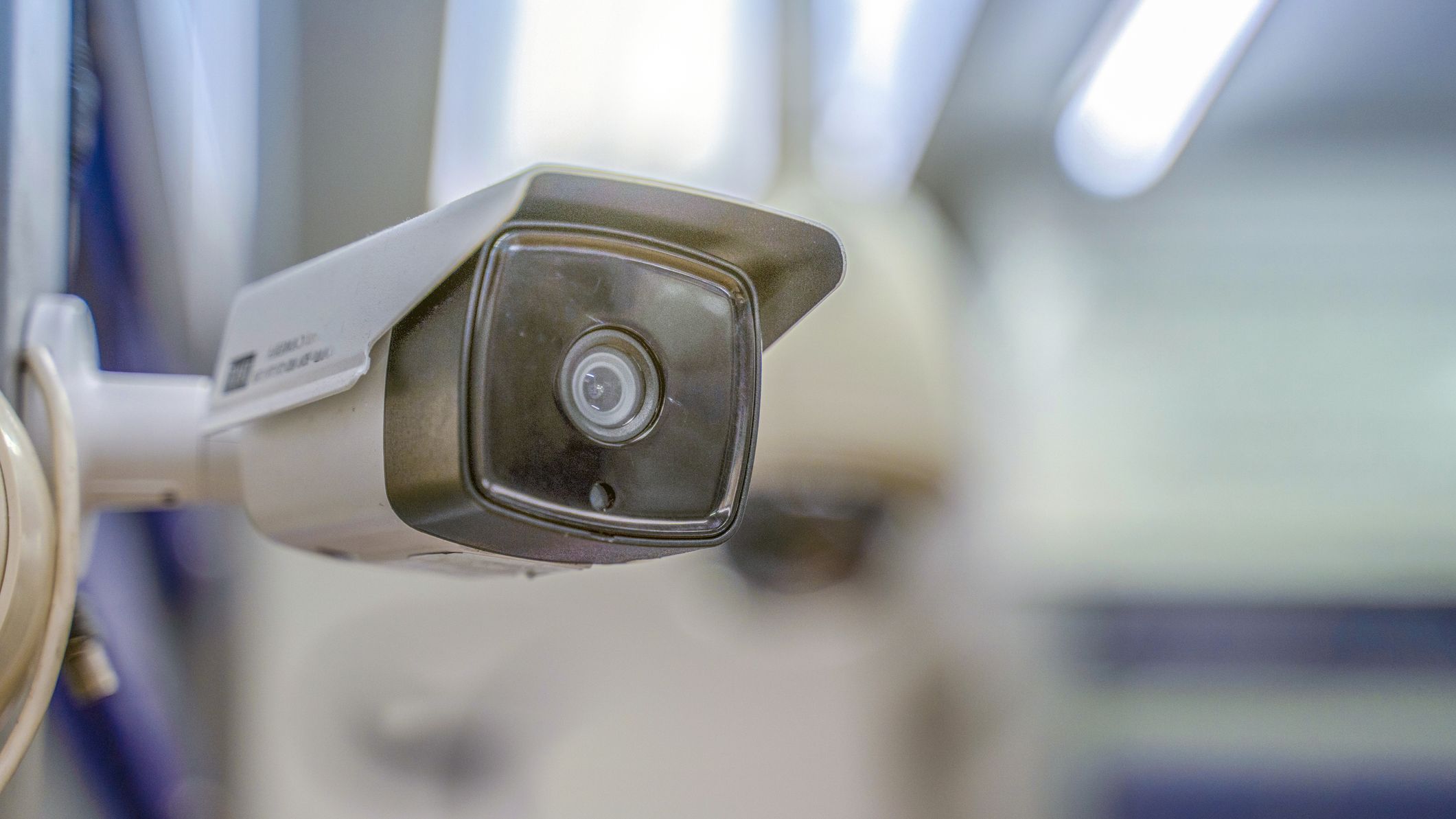Petition urges EU regulators to ban biometric mass surveillance
Digital rights advocates say tools such as facial recognition bring 'internet-style omnipresent tracking to the offline world'


Sign up today and you will receive a free copy of our Future Focus 2025 report - the leading guidance on AI, cybersecurity and other IT challenges as per 700+ senior executives
You are now subscribed
Your newsletter sign-up was successful
The European Union (EU) should ban biometric mass surveillance tools such as facial recognition when it lays out its plans to regulate artificial intelligence (AI), a coalition of privacy advocates have claimed.
The coalition, which includes Reclaim Your Face, European Digital Rights (EDRi), Privacy International, and numerous other non-profits, has made its demands official by launching a petition aimed at pressuring the EU to reconsider its stance on surveillance using biometric technology.
The petition warns of numerous potential outcomes of not regulating the technology, such as employers monitoring facial expressions of job candidates in order to decide if they’re fit for the position, or insurance companies increasing premiums based on dress codes.
The coalition listed various examples of uses of biometric mass surveillance in EU member states including France and Serbia, which had violated EU data protection law as well as “unduly restricted people‘s rights including their privacy, right to free speech, right to protest and not to be discriminated against”.
According to EDRi member Linus Neumann, biometrics used in mass surveillance bring “'internet-style' omnipresent tracking to the offline world”, leading to the eradication of “the few remaining refuges of privacy”.
Privacy International campaigns officer Caitlin Bishop told IT Pro that the organisation "is extremely concerned with the increasing uptake of biometric mass surveillance around the world".
"Forms of biometric mass surveillance we've already seen in use, such as live facial recognition at protests, pose serious threats to people's fundamental rights, such as freedom of expression and the right to protest - rights which are the bedrock of democracy," she said.
Sign up today and you will receive a free copy of our Future Focus 2025 report - the leading guidance on AI, cybersecurity and other IT challenges as per 700+ senior executives
"Biometric mass surveillance is creeping out of science fiction and in to the real world - we're asking the EU to take a stand and put it back where it belongs."
In order to succeed, the petition needs to be signed by at least one million supporters in at least seven EU member states during the next year. If achieved, the European Commission (EC) will be obliged to respond to the petition by opening a debate among the Members of the European Parliament.
Last year, the EC considered a ban on the use of facial recognition in public spaces in public spaces in order to buy time to assess risks and develop legislation. However, it’s expected to revise its laws on AI, including facial recognition, later this year.
Last August, the UK’s Court of Appeal declared the use of facial recognition technology for law enforcement purposes unlawful because it violates the fundamental right to privacy.
As of the time of publication, the petition has been signed by almost 3,500 people.
Having only graduated from City University in 2019, Sabina has already demonstrated her abilities as a keen writer and effective journalist. Currently a content writer for Drapers, Sabina spent a number of years writing for ITPro, specialising in networking and telecommunications, as well as charting the efforts of technology companies to improve their inclusion and diversity strategies, a topic close to her heart.
Sabina has also held a number of editorial roles at Harper's Bazaar, Cube Collective, and HighClouds.
-
 Stop treating agentic AI projects like traditional software
Stop treating agentic AI projects like traditional softwareAnalysis Designing and building agents is one thing, but testing and governance is crucial to success
-
 PayPal appoints HP’s Enrique Lores in surprise CEO shake-up
PayPal appoints HP’s Enrique Lores in surprise CEO shake-upNews The veteran tech executive will lead the payments giant into its next growth phase amid mounting industry challenges
-
 Five things to consider before choosing an MFA solution
Five things to consider before choosing an MFA solutionIn-depth Because we all should move on from using “password” as a password
-
 The IT Pro Podcast: Going passwordless
The IT Pro Podcast: Going passwordlessIT Pro Podcast Something you are, or something you have, could be more important than a password you know in the near future
-
 Podcast transcript: Going passwordless
Podcast transcript: Going passwordlessIT Pro Podcast Read the full transcript for this episode of the IT Pro Podcast
-
 UK police fails ethical tests with "unlawful" facial recognition deployments
UK police fails ethical tests with "unlawful" facial recognition deploymentsNews A University of Cambridge team audited UK police use of the tech and found frequent ethical and legal shortcomings
-
 Snapchat settles for $35 million in Illinois biometrics lawsuit
Snapchat settles for $35 million in Illinois biometrics lawsuitNews The social media giant had been accused of improperly collecting, storing facial geometry in violation of state legislation
-
 Home Office to collect foreign offenders' biometric data using smartwatch scheme
Home Office to collect foreign offenders' biometric data using smartwatch schemeNews Facial recognition and geolocation data will be matched against Home Office, Ministry of Justice and police databases
-
 Southern co-operative faces legal complaint for facial recognition CCTV
Southern co-operative faces legal complaint for facial recognition CCTVNews Rights group Big Brother Watch has written to the Information Commissioner to “stop unlawful processing”
-
 Amazon gave police departments Ring footage without permission
Amazon gave police departments Ring footage without permissionNews The tech giant has done this 11 times this year
